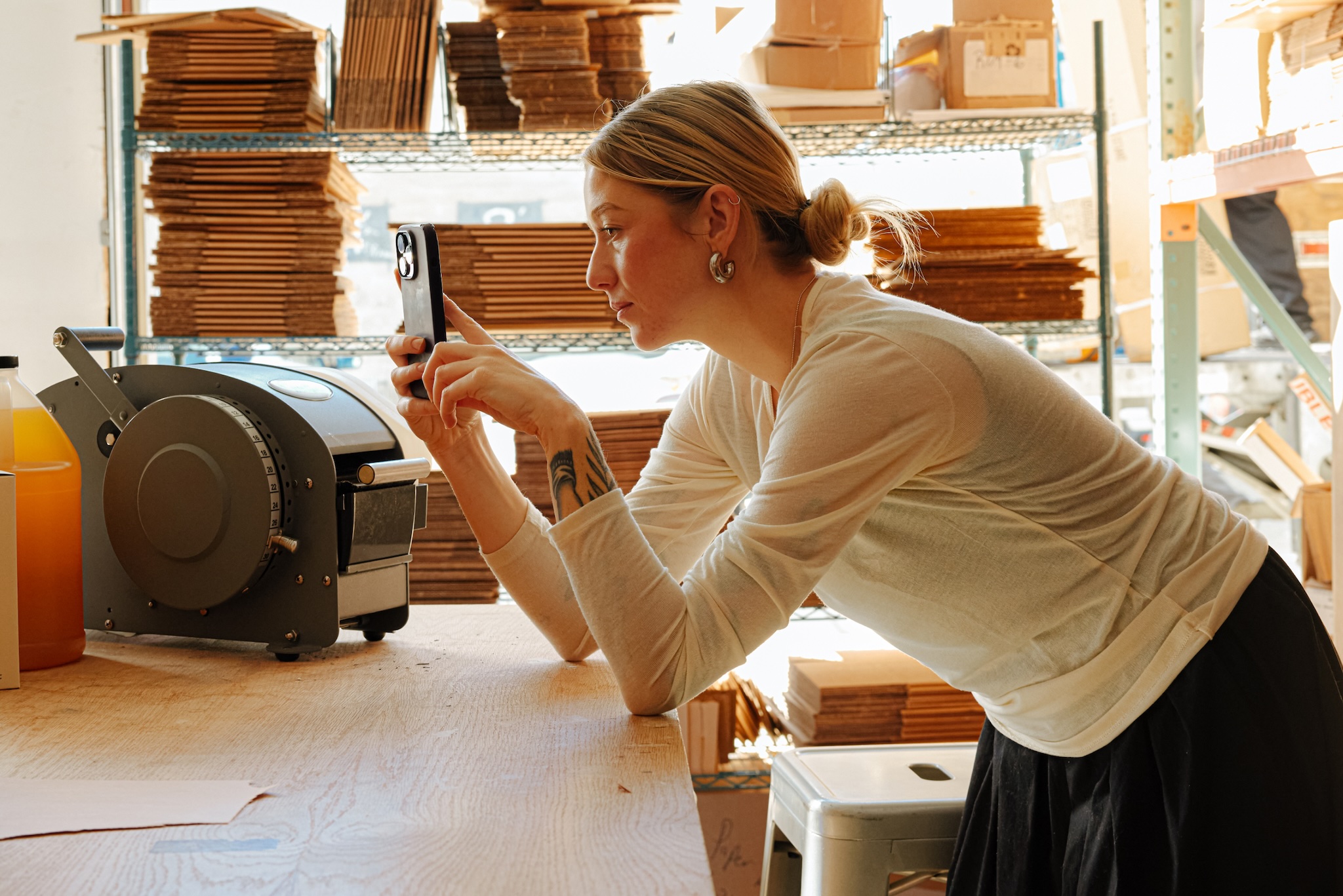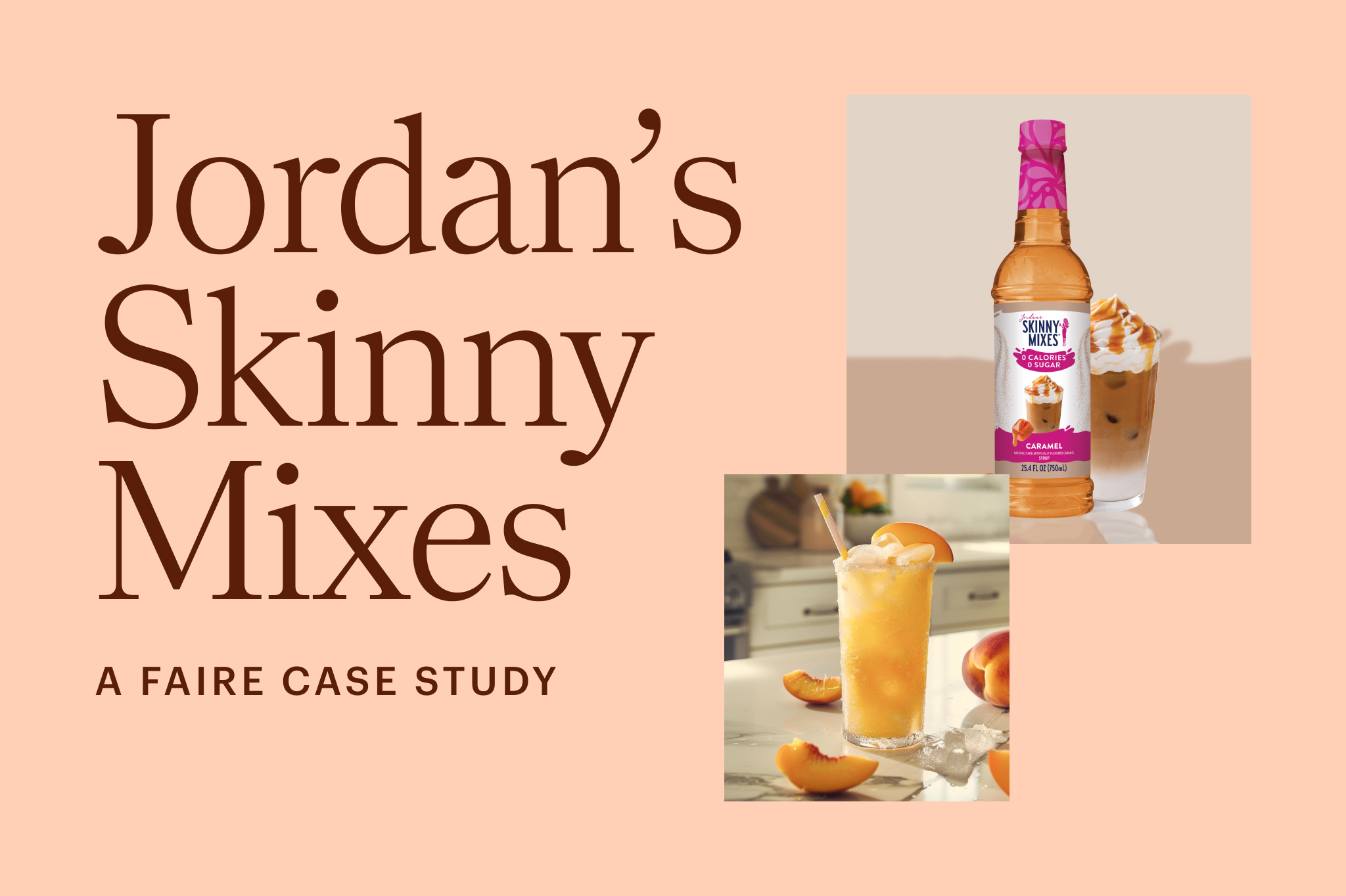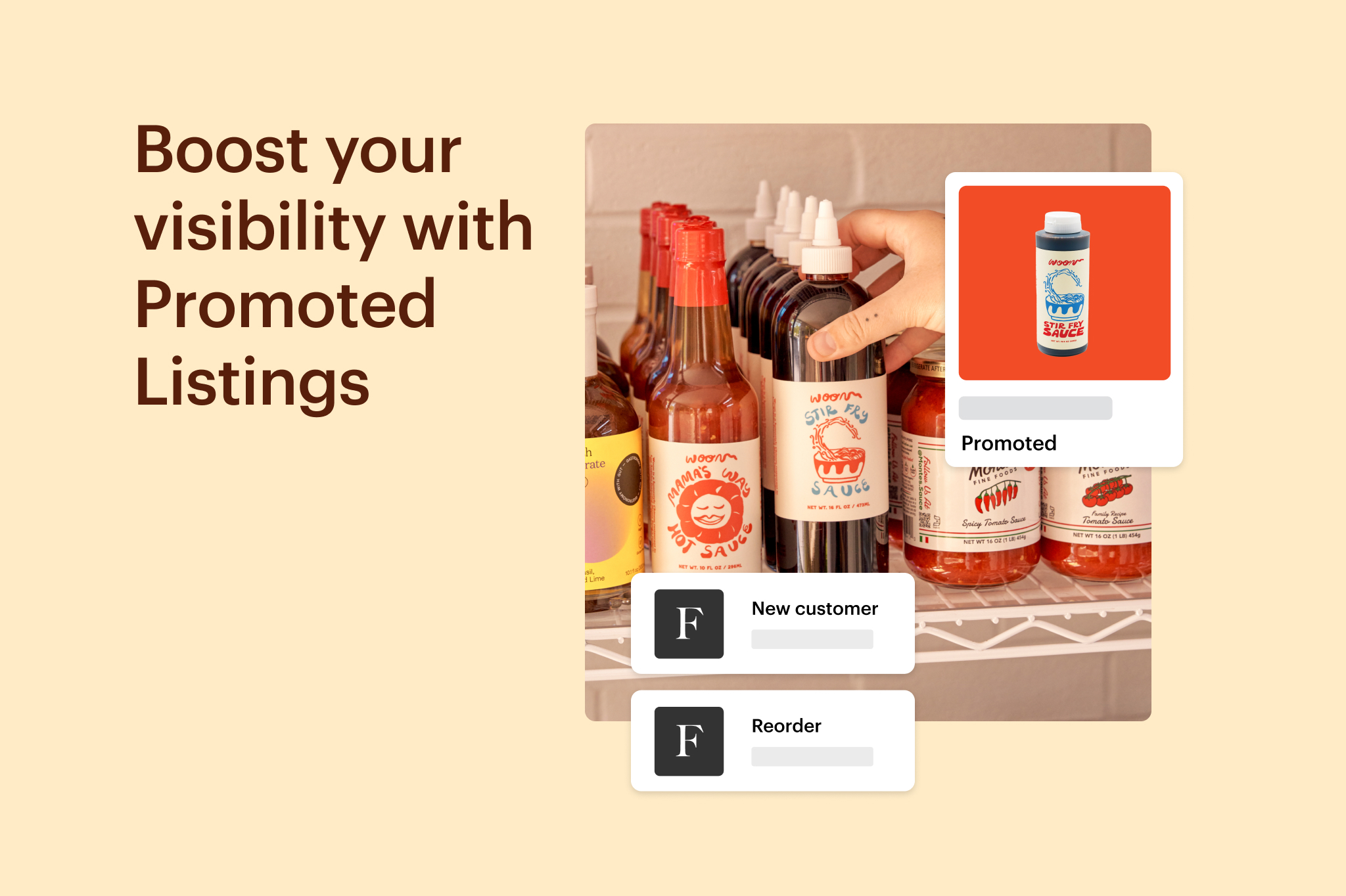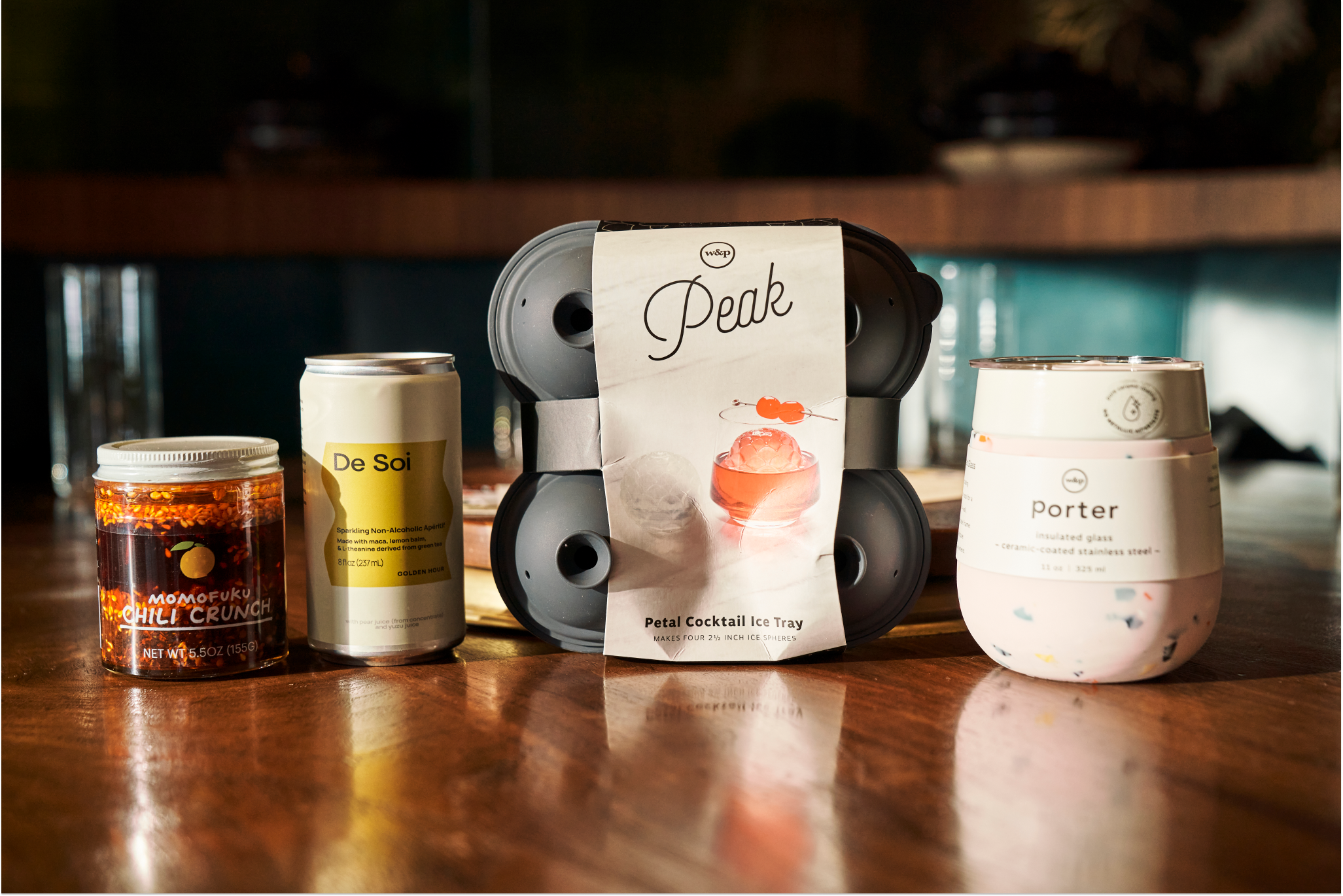

Local brick-and-mortar stores offer shoppers both unique experiences and opportunities to discover, touch, smell, and even taste new products. Not only are consumers opting for smaller format stores, but they’re also altering their retail behaviors, dining out less, and enjoying more meals at home. To meet customers where they’re at, both emerging and established food and drink brands are adjusting their strategy around independent retail.
Faire CFO, Lauren Cooks Levitan, recently sat down with leaders from three such brands—chef-founded Momofuku Goods, fast-growing direct-to-consumer (DTC) brand W&P, and Katy Perry’s non-alcoholic aperitifs brand De Soi—to discuss how they’ve tapped into independent retail as a successful distribution channel. Read on to discover practical ways you can apply their lessons.
Connect with consumers on a local level
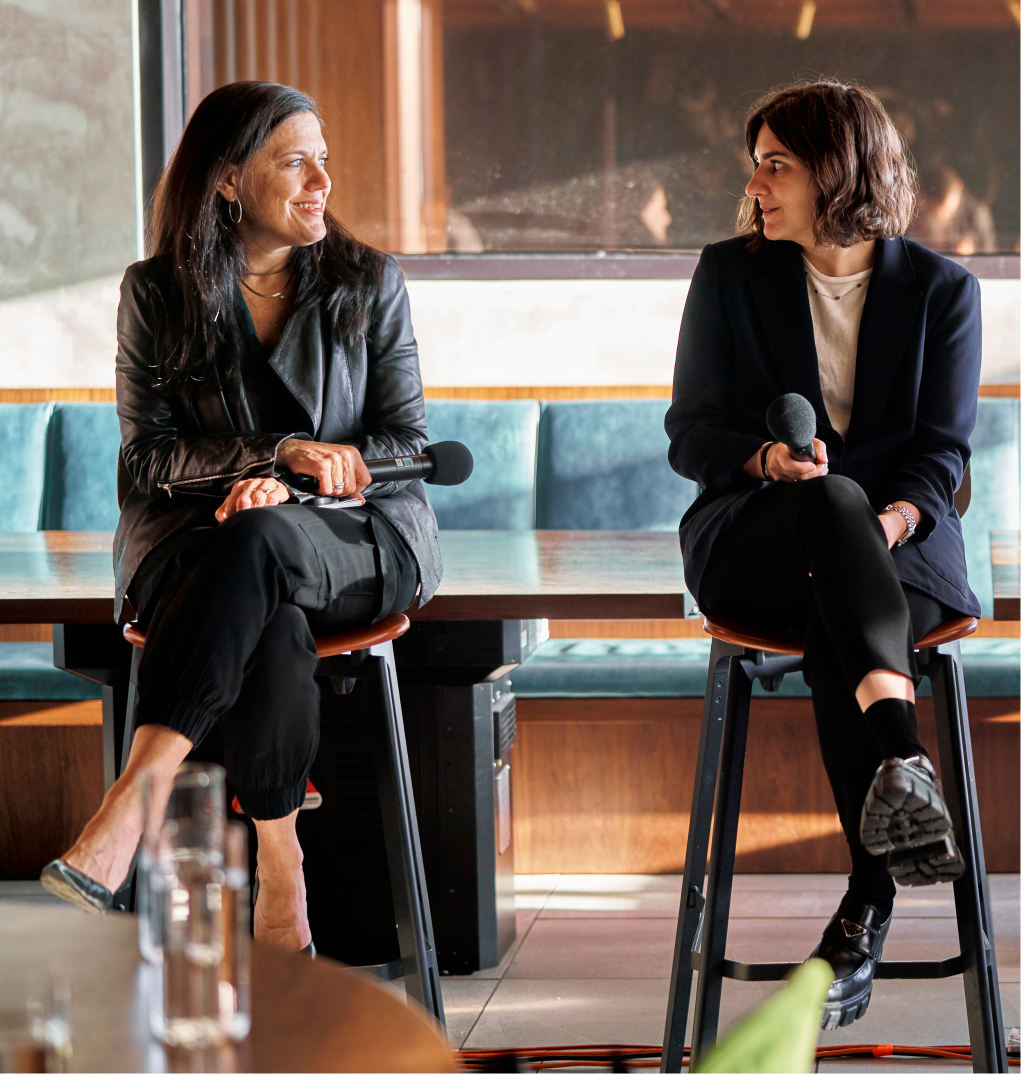
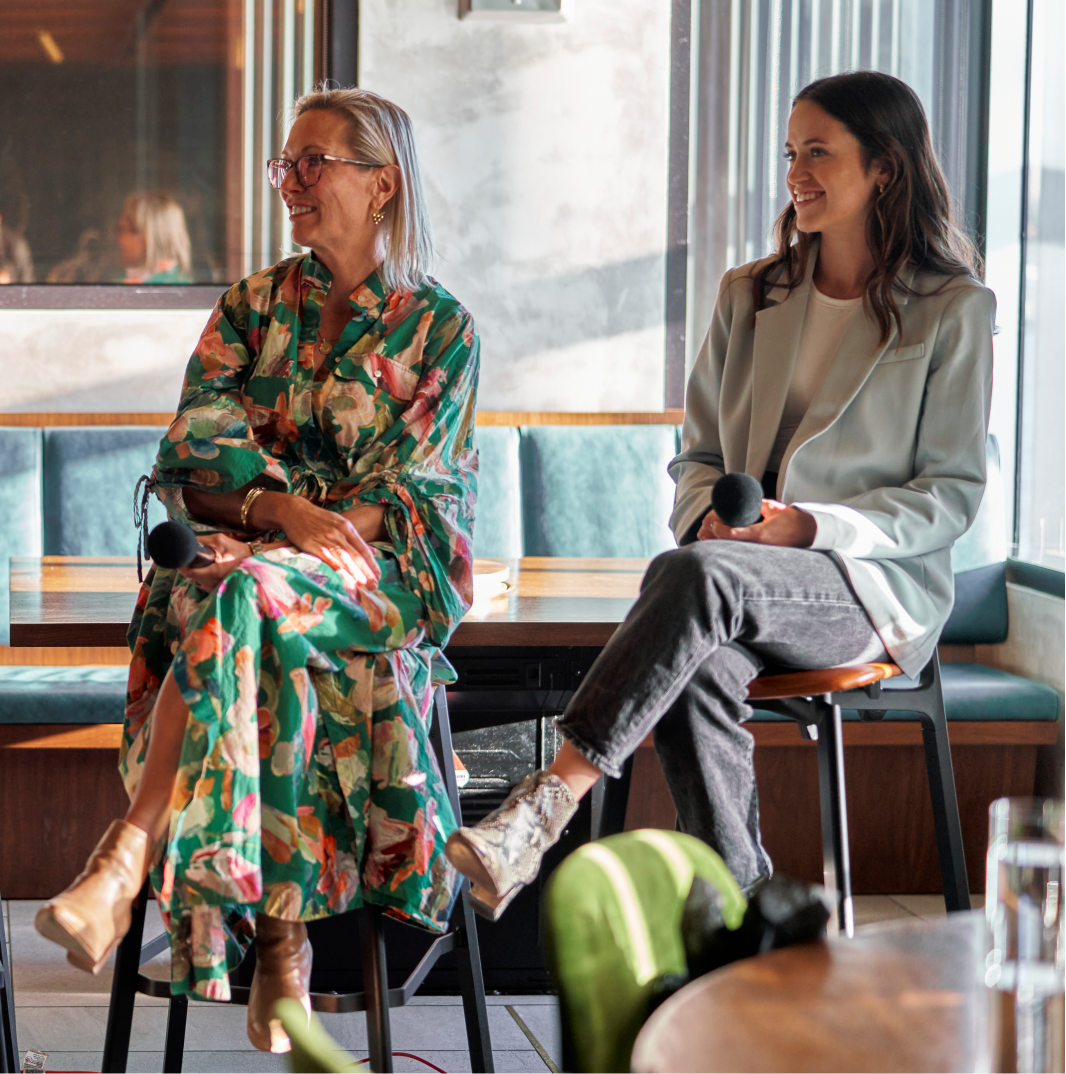
Brand loyalty starts small, so one of the most essential things an independent creator can do is spread the word locally. “The first ones to test, try, pilot, and believe in a new brand are independent retailers,” says Kate Lubenesky, president of W&P. “People trust local [businesses] because the dollars stay in the community.”
De Soi CEO Scout Brisson echoes this sentiment: “Many consumers now prefer to shop the business around the corner, or the bodega they trust, so prioritizing independent retail as a distribution channel is important.”
Still, it’s challenging to make and maintain those smaller connections as a brand scales. “It can be really hard to get buy-in outside your direct community,” says Lubenesky, “but Faire gives us the ability to efficiently tap into wonderful, local retailers everywhere.”
At Faire, Levitan explains, “we see independent retailers as the original influencers.” They’re the tastemakers in communities both large and small, facilitating a level of trust that’s hard to get at scale. “Faire helps us get that local stamp of approval,” says Momofuku’s CEO, Marguerite Mariscal.
On a slightly unconventional path, Momofuku was in Target before Faire. “But there was this missing link,” says Mariscal. Just as restaurants build their reputation with each new person who shares their experience, retail is grounded in basic human interaction.
“We needed to home in on that super local, super loyal person who tells all their friends about us,” says Mariscal. “We’re honored that independent retailers have found us through Faire and decided to stock us in their stores.” This year, Momofuku became the bestselling food brand launched on Faire, with more than 700 Faire retailers stocking products from the brand in less than one year.
Plan your inventory with precision
Consumers have redefined how they engage with brands over the past two years, and independent retailers have reevaluated their inventory accordingly. “It’s been tricky to figure out where the business is going to come from each month,” says Lubenesky. Independent retailers struggled during the pandemic, and as things started to reopen, many were hit with cumbersome supply chain issues. “There was always something new, so we had to be smart about inventory management and learned to double-down on the top items we felt people would need.”
Lubenesky also stresses the importance of forecasting. “People might want your product all day long, but if you don’t have it, you’re out of luck,” she says. “And if you’re routinely out of stock, they might just move on to the next thing.”
Mariscal explains that Momofuku originally planned for 50% of its inventory to come from outside brick-and-mortar restaurants but pivoted with the pandemic. “We anticipated demand and ordered a lot of noodles,” she says. “But then we got a lead list of 50,000 orders—and we did not have 50,000 to ship. That started our supply chain discovery. Now we’re in a position where we can feel confident in our inventory.”
When inventory limitations do arise, both Lubenesky and Mariscal believe in prioritizing their existing wholesale accounts. “[Those channels] take a little bit longer to ensure the shelves are stocked, and you want to keep those relationships really strong,” says Lubenesky.
Lean into your core values
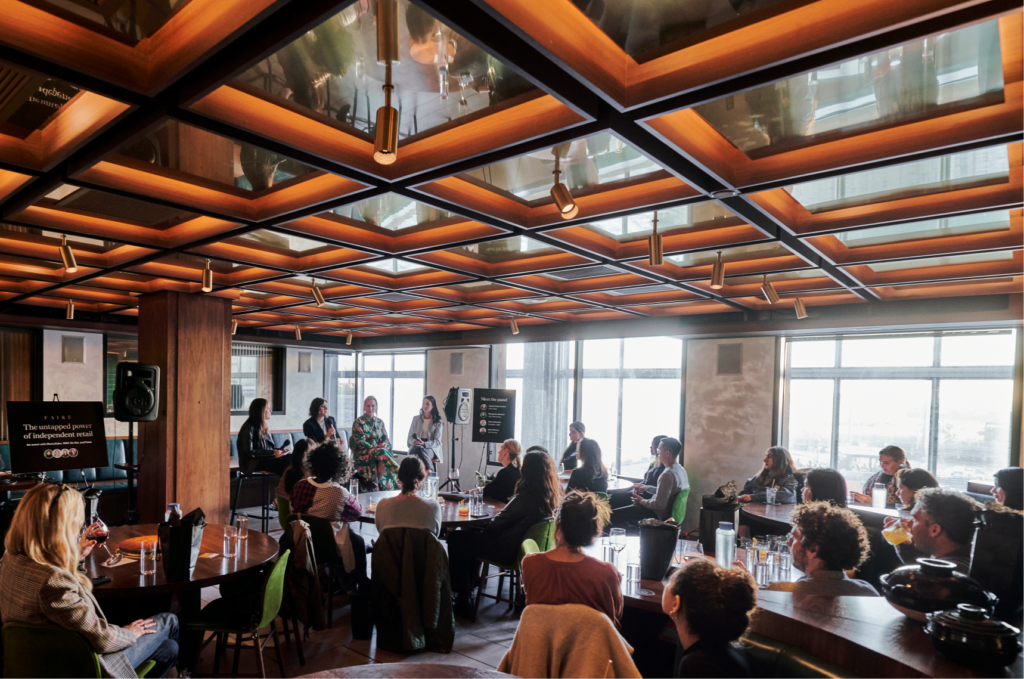
You may know that on Faire, retailers can shop by values, easily filtering options like women-owned or eco-friendly brands. This feature was implemented in response to feedback directly from retailers, whose customers—especially the younger Gen Z and millennial shoppers—have a proclivity to put their money where their values are.
“Consumers are showing increasing interest in products and brands that align with their social and environmental interests,” says Levitan. “It’s no surprise that this translates to preferences towards the more personalized, values-based shopping experience that independent retail offers.”
As a sustainable kitchen essentials brand, W&P partners with a food-waste organization to steer its message, but it can be hard to communicate in a single sound bite. “It’s really important to be intentional about how you talk with customers,” explains Lubenesky. “At W&P, sustainability starts with the design of the product and saying, ‘Is this something that will bring somebody joy?’ Through that joy, we hope they can create a new habit that better serves both them and the world.”
De Soi taps into a market of people choosing to drink less, or not at all. “From our values standpoint, it’s really important to understand that not everyone wants to drink alcohol,” says Brisson. “It’s not about pointing fingers or deciding who should or shouldn’t drink. We’re celebrating more optionality and inclusivity.”
Momofuku recognizes the power independent retailers hold as the curators of their communities—especially when it comes to its goal to broaden the diversity of pantries in this country. “Having these folks bring our products to life for their customers across America couldn’t be more in sync with our mission,” notes Mariscal.
Leveling the playing field for entrepreneurs
More than one million orders have been facilitated to food and drink brands on Faire, representing the collective power and opportunity for brands of consumer packaged goods to grow their business through independent retailers around the globe. “Rather than being forced to only sell in the pockets of the world we’re physically in, Faire levels the playing field,” says Lubenesky. “The independent community is seen as a powerful channel, instead of just a one-off.”

